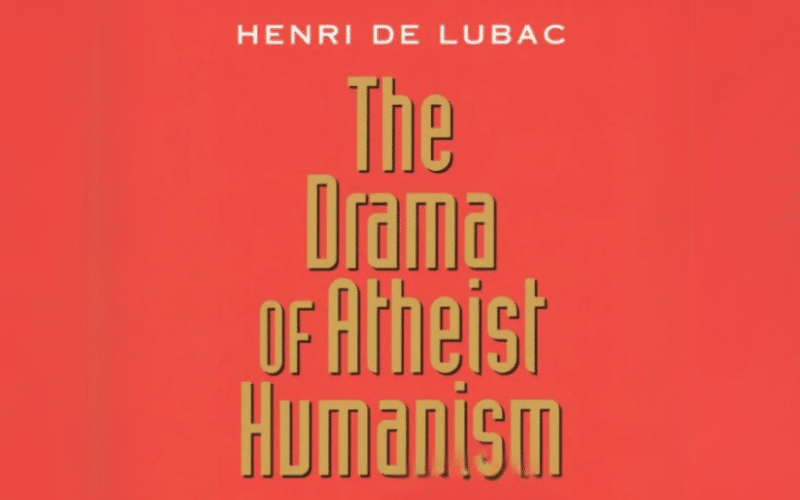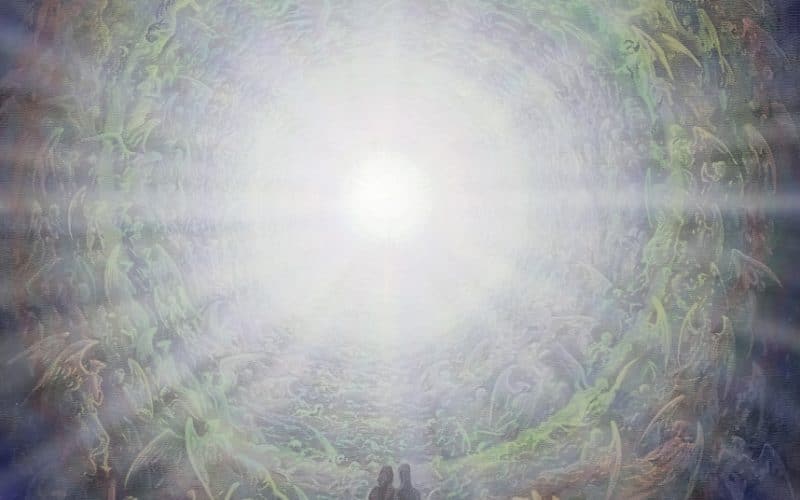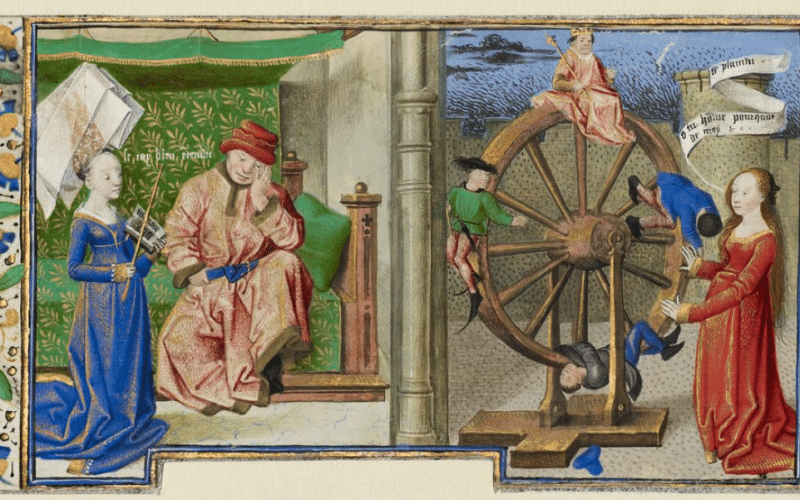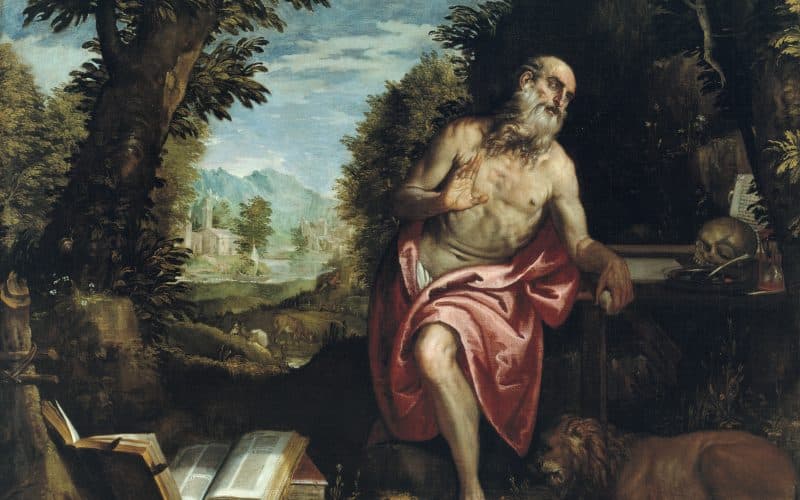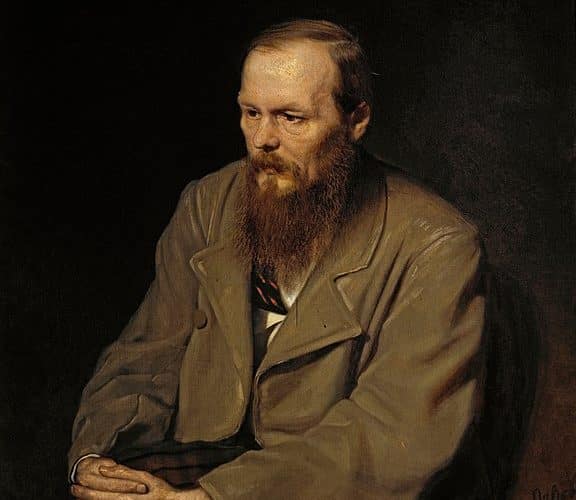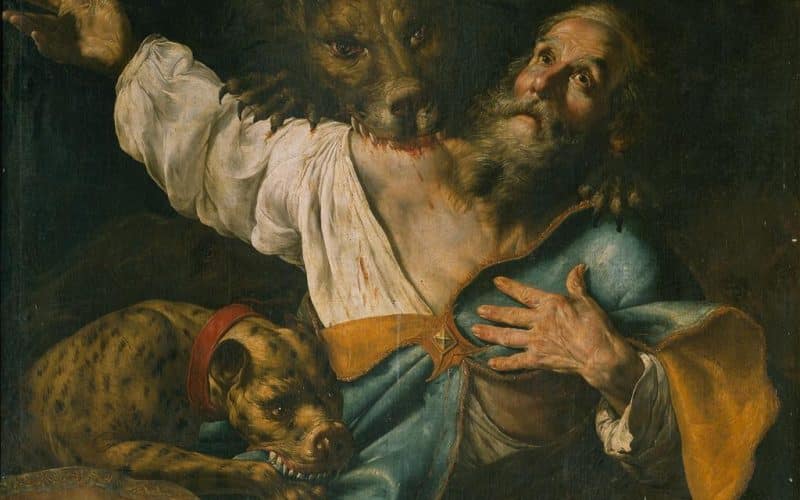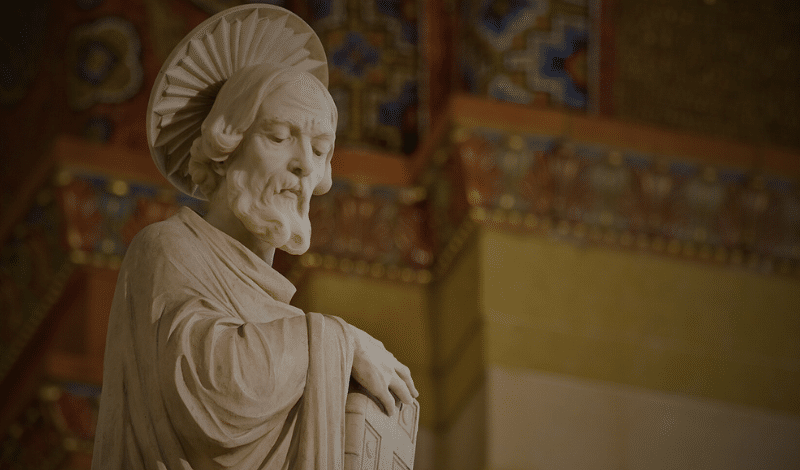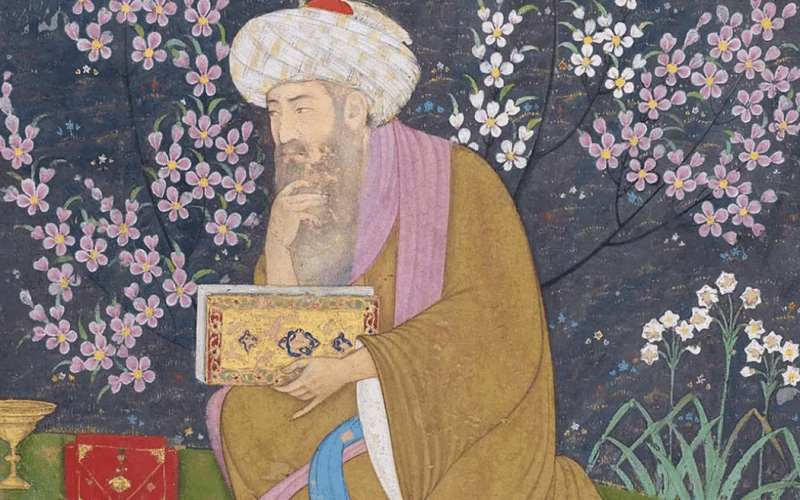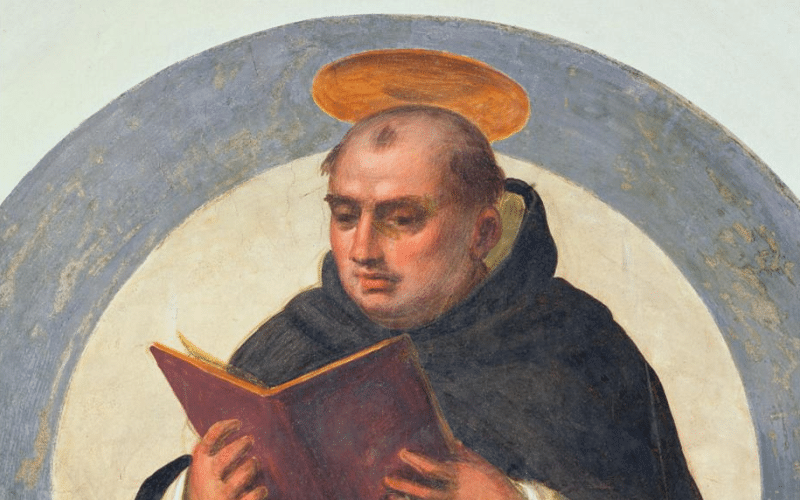Reading Groups
Reading Course on The Drama of Atheist Humanism
Gavin House 1220 E 58th St., Chicago, ILIs dependency on God an obstacle to human freedom? Is authentic human autonomy compromised by religious faith? Nietzsche and Dostoevsky epitomize the fundamental option that confronts anyone seeking truth and the meaning of life. Henri de Lubac’s The Drama of Atheist Humanism sets out their worldviews, the consequences of which continue to reverberate in our post-modern, post-truth culture. You are invited to engage with this classic text that casts light on contemporary nihilism at odds with the persistence of religious faith.
